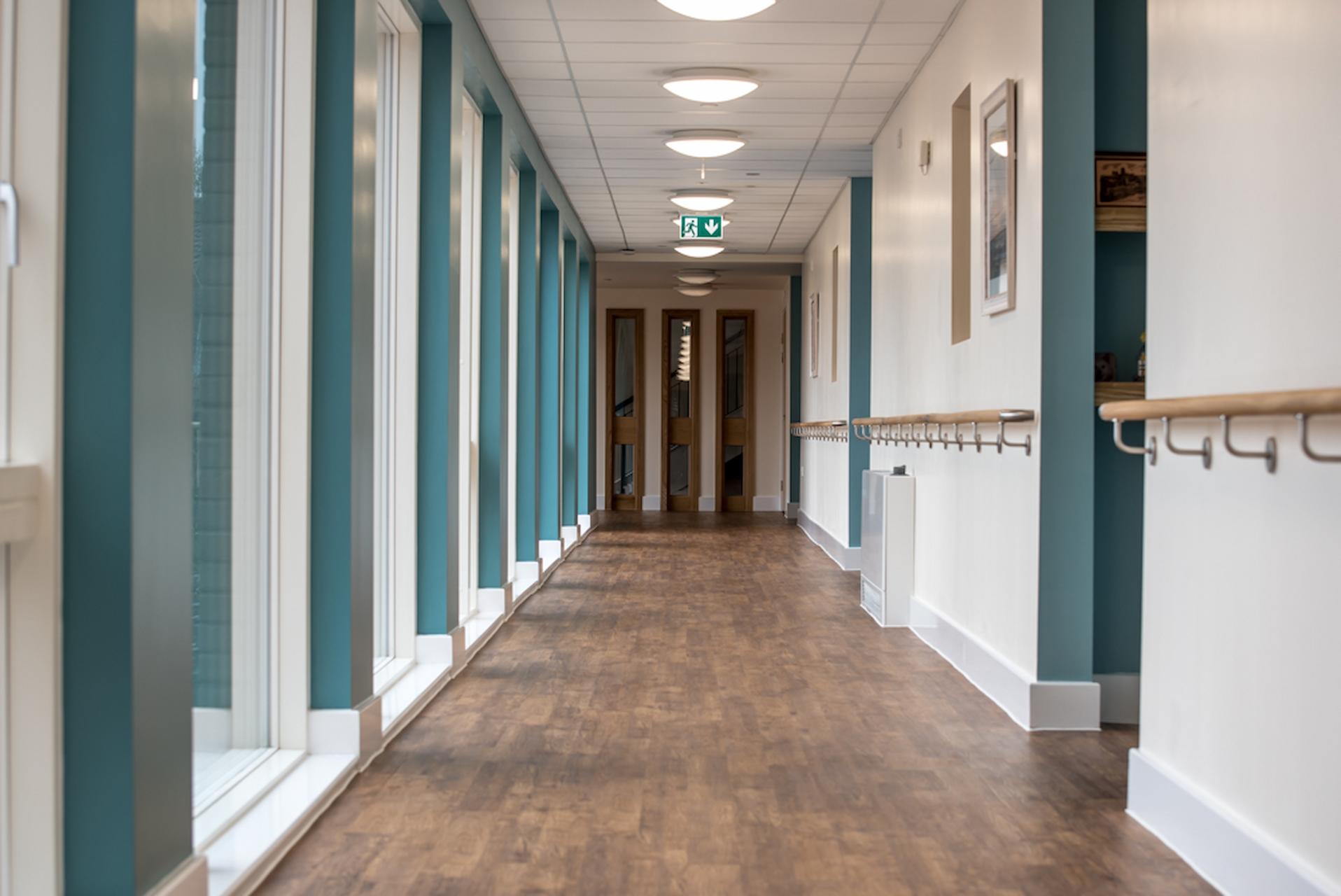As a business owner, it’s your responsibility to make sure your business premises are accessible for all. Ensuring your workplace is disability-friendly – both for customers or staff – sets the right impression for your business to be inclusive.
To succeed in business, you need to be open and available to as many clients or customers as possible, and making your premises disability-friendly is the first step. Whether you’ve just bought your property, or are looking to improve your current business policies, here are a few tips to ensure your space is as accessible and as inclusive as possible.
Disabled Access Ramps
Of course, in order to be inclusive inside, you need to make sure your building is actually accessible on the outside. Disabled access ramps are a great way to make your place wheelchair-friendly or to support those that struggle with the steps.
If space is tight on the outside of your property, there are always temporary ramps available. Staff can be trained to deploy the ramp when a customer needs it – meaning that everyone can enjoy your business safely and easily.
For those that can’t accommodate a ramp, wall handrails can be a useful alternative. If someone does struggle with the steps but can stand, they can use handrails to support themselves while walking in and around the premises. Having both options enables a 100% inclusive attitude.
Fire Safety Compliance
As well as disabled access ramps, you need to ensure that your business is compliant with local fire safety regulations. Regulations usually require safe entryways and exits so that everyone can get out of the building quickly in the unlikely event of a fire. This means even if you don’t install a ramp full-time, you will need to have one stored away if the fire exits are problematic for those with mobility issues.
Specific Parking Spaces
Many of your customers may benefit from being able to park nearer to the premises than others. Having disabled parking spots will make your business more appealing to passersby, as well as making the place more accessible for anyone that needs it. Plus, it will be easy to do. All you need is a couple of signs and markings on the road.
Wide Doors And Walkways
Not every disability requires a wheelchair, but some people may feel better if they are supported by another person while they walk. As such, you need to ensure that entrances, walkways, and aisles are wide enough for at least two people to walk side by side without causing issues for other customers.
Lowered Countertops
If you own a small shop, where items are displayed on rails or countertops, it may be a good idea to vary these in height. That way, those that are in wheelchairs can still view items without reaching too far. To make a business accessible, you need to preserve the dignity of those less able. That means making things easy to reach, see and hear without struggle.
The final key for making your business accessible is training. Make sure that all staff are trained to help in varying situations that may occur.



